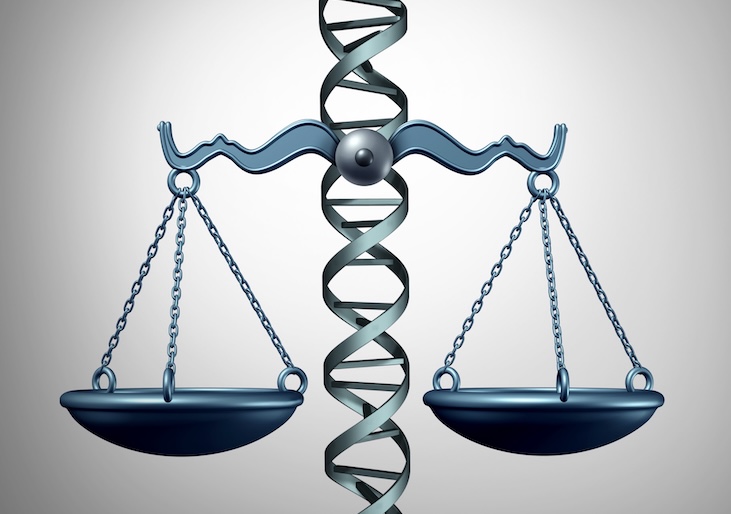
What is Bioethics?
Developments in medicine and the life sciences have challenged our understanding of human nature, the goals of medicine, and the limits of our technological powers over human beings. The field of bioethics emerged in the early ‘60s out of a concern for the ethical dimensions of such developments, as they progressively began to impact various areas of traditional medicine with unprecedented questions and problems.
New ethical issues, such as medical experimentation, assisted reproductive technologies, stem cell research and cloning, genetics, euthanasia and assisted suicide, became the object of an ethical analysis that called for the synergistic contribution of different disciplines, including philosophy, theology, sociology, and law, among others. At the same time, bioethics sought to articulate a systematic framework for such interdisciplinary enterprise.
As a specific academic field, bioethics addresses concrete problems in search for an answer to the old quandary of ethics: what is right, what is good? At the same time, it engages in a reflection on questions of ultimate meaning, as it asks: what is the purpose of medicine and scientific research? What does it mean to be born, how do we face death, and, ultimately, how do we live humanly?